Trump jokes about Canada becoming 51st state amid trade tensions
- Update Time : Sunday, February 23, 2025
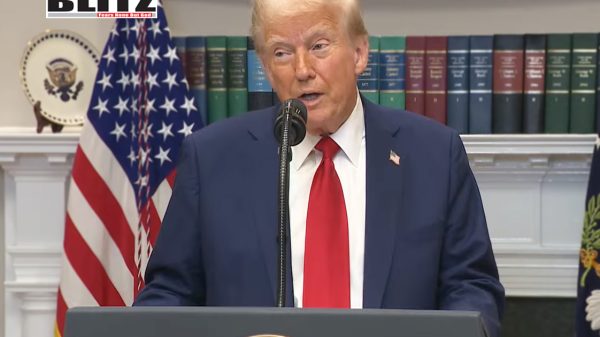
US President Donald Trump has reignited controversy with a joke suggesting that Canada could become the 51st state of the United States. The remark, made during the Republican Governors Association meeting in Washington DC, on February 21, came amid escalating trade disputes between the neighboring countries. Although delivered in a light-hearted tone, the statement has amplified tensions in an already strained bilateral relationship.
Trump quipped that Canada could retain its national anthem, “O Canada,” if it became a US state. “We’ll have to work out some deal … because I do like the ‘O Canada’ all right,” Trump said. “It’s a beautiful thing. I think we’re going to have to keep it for the 51st state.” While intended as humor, the comment touched a nerve in Canada, where national sovereignty is a deeply cherished principle.
Canadian Prime Minister Justin Trudeau swiftly dismissed Trump’s suggestion as a “non-starter.” Speaking to reporters during his visit to Brussels earlier this month, Trudeau stated, “There’s not a snowball’s chance in hell that Canada will ever be the 51st state. It’s never going to happen, but we have to take seriously what the president is saying and fold that into our thinking as we continue to stand up for Canada.”
Trump’s remarks occurred against the backdrop of ongoing economic tensions. He has repeatedly criticized Canada’s reliance on the US for trade, particularly in key sectors such as automobiles, lumber, oil, and gas. “Canada is going to have to pay tariffs on automobiles, lumber, oil, and gas, etc. They get 95% of their product from the United States. I think they’ll have to become the 51st state,” Trump asserted. This statement reflects the broader economic leverage that the US holds over Canada, intensifying concerns about the imbalance in their trade relationship.
The situation escalated earlier this month when Ottawa imposed 25% tariffs on US goods in response to Washington’s tariffs on Canadian produce. The US administration justified its measures by citing concerns over illegal immigration and drug trafficking. To avoid an immediate trade war, both governments agreed to postpone the implementation of tariffs until March 4, providing a temporary window for negotiations.
The controversy took an unexpected cultural turn when Canadian singer Chantal Kreviazuk altered the lyrics of “O Canada” during her performance at a men’s ice hockey game between the US and Canada. Instead of singing “in all of us command,” she changed the phrase to “that only us command,” seemingly referencing Trump’s remarks. The game, held on February 22, saw Team Canada defeat Team USA 3-2 in overtime, adding a layer of competitive symbolism to the diplomatic spat.
Trump’s references to absorbing Canada are not new. He has previously claimed that Canada would struggle to remain economically viable without substantial financial subsidies and military protection from the US. While these comments are often framed as jokes, they have fueled underlying anxieties in Canada about Trump’s unpredictable rhetoric and its potential implications for national sovereignty.
Privately, Trudeau appears to take Trump’s remarks more seriously than his public statements suggest. In a conversation with business leaders, which was inadvertently caught on a hot microphone, Trudeau warned that Trump’s interest in annexing Canada might be more than rhetorical. “The US wants to ‘benefit’ from Canada’s natural resources, and Trump has it in mind that one of the easiest ways of doing that is absorbing our country, and it is a real thing,” Trudeau reportedly said. This revelation has raised concerns about the future direction of US-Canada relations, particularly given the Trump administration’s aggressive stance on trade and resource acquisition.
In response to the controversy, many Canadians have rallied to support their country’s independence. Trudeau noted that citizens have altered their vacation plans, choosing to travel domestically instead of visiting the US. There has also been a surge in efforts to “buy Canadian” and support local businesses, reflecting a broader sense of national unity and resilience.
Despite the temporary delay in tariff implementation, the underlying economic tensions remain unresolved. Both governments face pressure to reach a sustainable agreement that addresses trade imbalances while preserving each nation’s interests. The US administration’s focus on securing favorable trade terms aligns with Trump’s “America First” policy, which prioritizes reducing the trade deficit and protecting domestic industries. For Canada, the challenge lies in defending its economic sovereignty without jeopardizing its critical trade relationship with its largest neighbor.
Trump’s remarks have also sparked discussions within Canada’s political landscape. Opposition parties have criticized Trudeau’s handling of the situation, accusing him of failing to effectively counter Trump’s rhetoric. Meanwhile, Canadian businesses and consumers are bracing for potential economic fallout if tariffs are implemented as scheduled.
Looking ahead, the March 4 deadline looms as a critical juncture in the trade dispute. The outcome of ongoing negotiations will likely have far-reaching implications for both countries, shaping the future of their economic and diplomatic relations. While Trump’s comments may have been intended as humor, they have underscored the complex dynamics that define the US-Canada relationship, highlighting the need for careful diplomacy and mutual respect.
As the situation continues to unfold, one thing is clear: the relationship between the United States and Canada stands at a pivotal moment. Whether Trump’s remarks are viewed as a joke or a reflection of deeper ambitions, they have reignited a broader debate about national sovereignty, economic dependence, and the future of North American relations. The coming weeks will be crucial in determining whether both nations can find common ground or whether their differences will lead to further tensions and economic disruption.


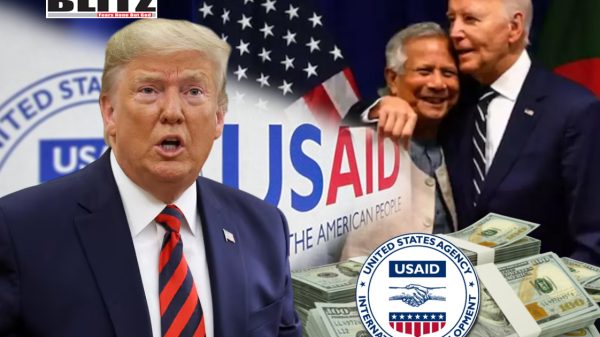
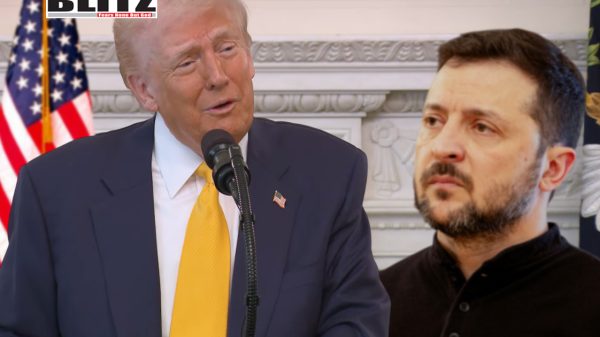
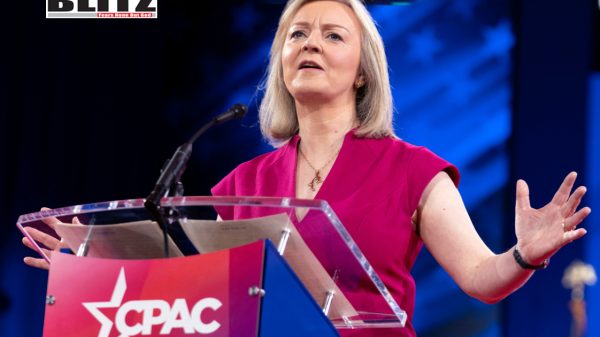

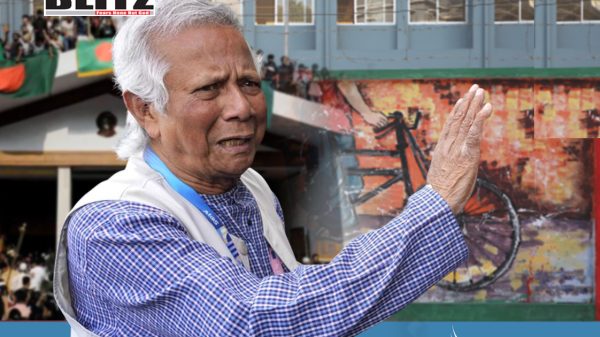
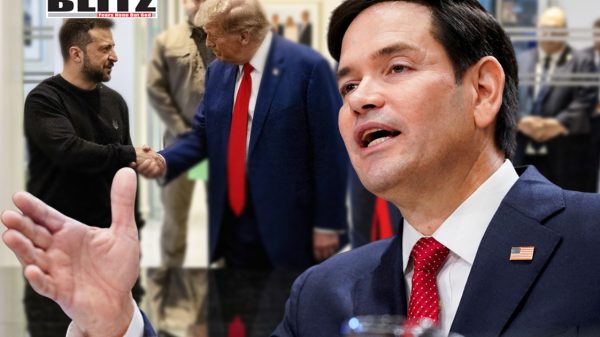
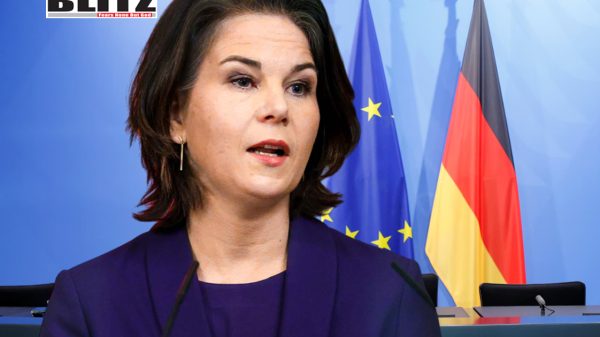
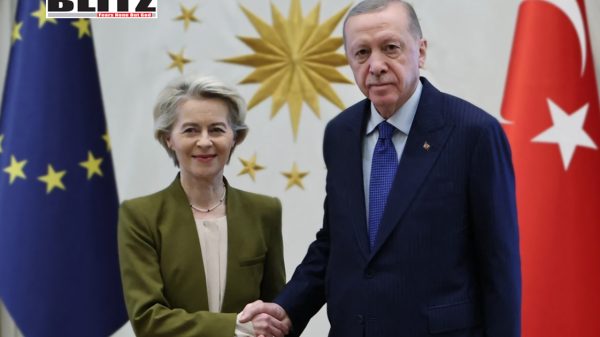
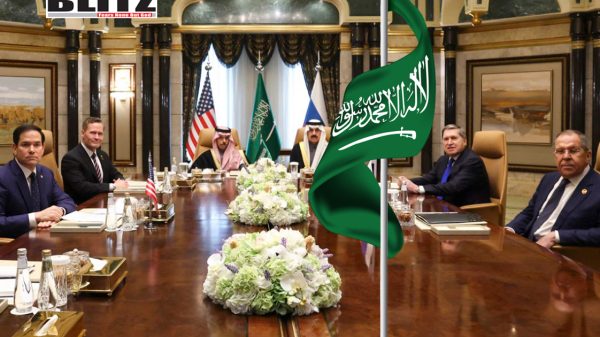



Leave a Reply